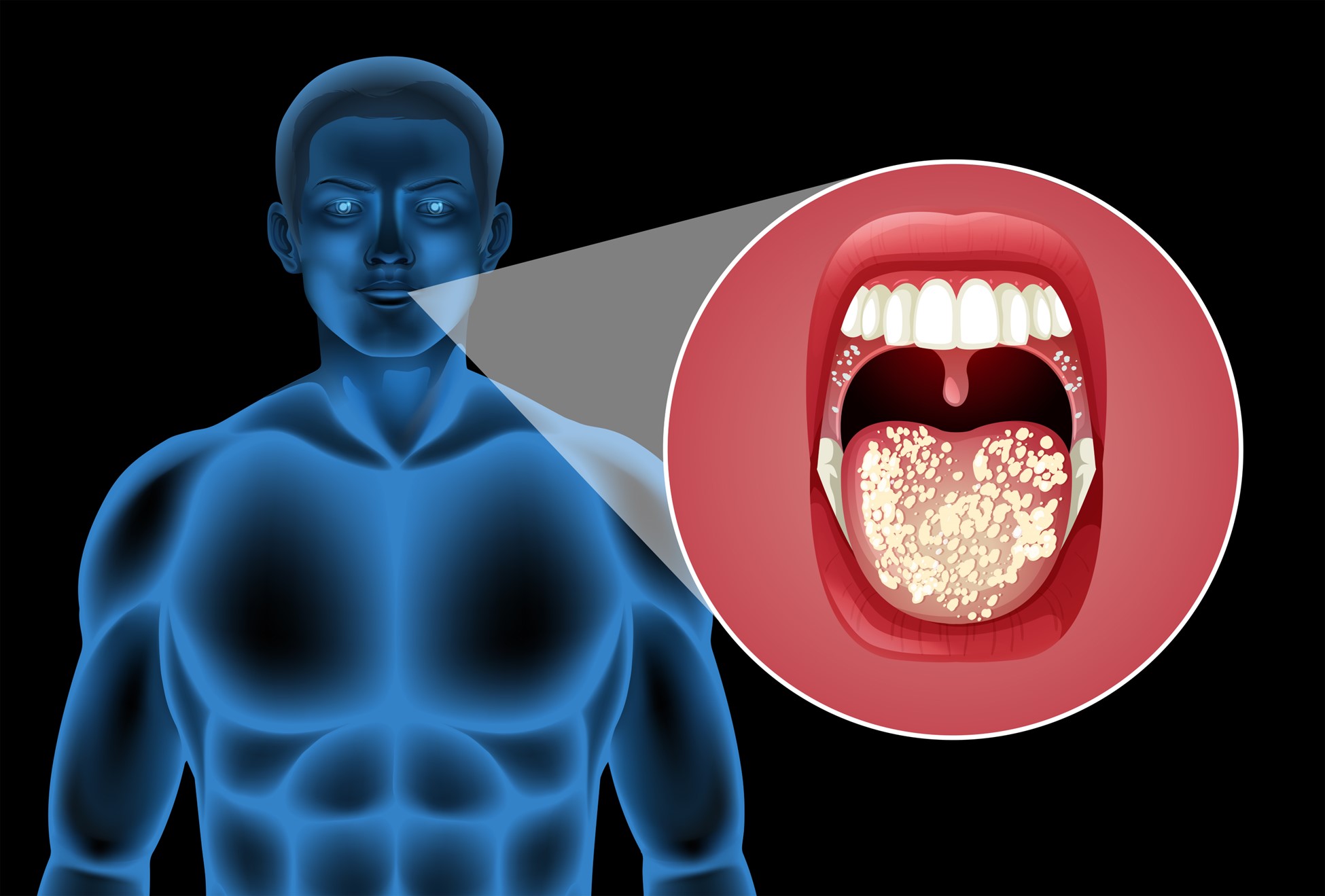Leukoplakia is a condition that affects the mouth. It is an oral health issue where white patches appear. These patches cannot be scraped off easily. Leukoplakia disease can sometimes lead to more serious conditions. Detecting it early is important since it has the potential to turn into cancer. Understanding it can help manage its symptoms better. Making healthier lifestyle choices can reduce the risks. Knowing how to spot this condition and seeking help quickly is key to keeping your mouth healthy.
Symptoms and Diagnosis: Identifying Leukoplakia
Leukoplakia disease often presents itself as white patches in the mouth. Sometimes, you might see them on the tongue. These are known as oral leukoplakia symptoms. The patches might appear thick or slightly raised, and in some cases, they could be slightly red.
To diagnose leukoplakia disease, a visit to the dentist is crucial. They will look closely at these patches. Regular dental check-ups help in identifying these symptoms early. Good dental hygiene also plays a crucial role in keeping leukoplakia at bay. Leukoplakia symptoms might not be painful, so it’s essential not to ignore them. If you have persistent white patches, it’s best to get them checked. A healthcare provider might perform a biopsy to determine if the patches are cancerous.
Focusing on oral cleanliness and visiting your dentist regularly are effective ways to manage leukoplakia. This attention ensures that any changes in your mouth’s soft tissues are caught early, which can improve treatment outcomes. Remember, early detection means better and simpler treatment.
Causes, Risks, and Prevention Strategies
Understanding the causes of leukoplakia disease helps in managing and preventing it. The most common cause is irritation, often from tobacco use. Both smoking and chewing tobacco increase the risk. Alcohol consumption is another risk factor, as it can irritate the mouth’s lining.
- Avoiding these irritants is a significant step in prevention.
- Practicing good oral hygiene habits is crucial. Brushing twice a day and flossing reduces risk.
- Regular dental exams catch any changes early, helping to prevent more serious developments.
Lifestyle choices impact leukoplakia, so it’s beneficial to minimize risk factors. Quitting smoking and reducing alcohol intake are practical prevention steps. Protecting your oral health can help avoid complications related to leukoplakia disease.
Treatment Options and At-Home Care for Leukoplakia
When it comes to treating leukoplakia, there are several options. A healthcare provider might suggest removing patches surgically. This procedure is straightforward and often effective. Another method is laser therapy, which removes patches without invasion.
At home, caring for your oral health is vital. Here are simple tips:
- Avoid spicy and acidic foods that can irritate your mouth.
- Consume a balanced diet rich in fruits and vegetables.
- Maintain dental hygiene by brushing and flossing daily.
The cure for leukoplakia involves not just medical treatment but also lifestyle changes. Contrarily, myths about quick fixes can misguide. Always consult a professional for advice. Remember, combining treatment with thoughtful care leads to effective outcomes. By addressing the causes and symptoms of leukoplakia, you can manage the condition successfully.
Living with Leukoplakia: Psychological and Emotional Considerations
Having leukoplakia disease can be stressful. The condition might not be painful physically, but the emotional strain can be significant. Concerns about its potential to turn into something worse add to the anxiety.
Dealing with such stress requires support. Here’s how you can help yourself:
- Talk to friends and family. Sharing worries can lighten the emotional burden.
- Reach out to support groups. It helps to speak with others facing similar challenges.
- Engage in activities that reduce stress. Consider yoga or meditation.
In India, many resources are available, especially for smoking cessation. Smoking cessation is crucial since tobacco use is a major risk factor. India provides various programs and helplines to assist those who wish to quit smoking. Accessing local community resources for this purpose can be immensely helpful.
Counseling services are also valuable. Professional counselors understand the emotional challenges, offering coping strategies. Managing the psychological impacts of oral leukoplakia is as important as the physical treatments.
Living with leukoplakia disease might be challenging, but with the right support, managing it becomes possible. Engage with local communities and healthcare professionals to find the help you need. Remember, understanding your condition and seeking proper guidance can greatly enhance your well-being.


